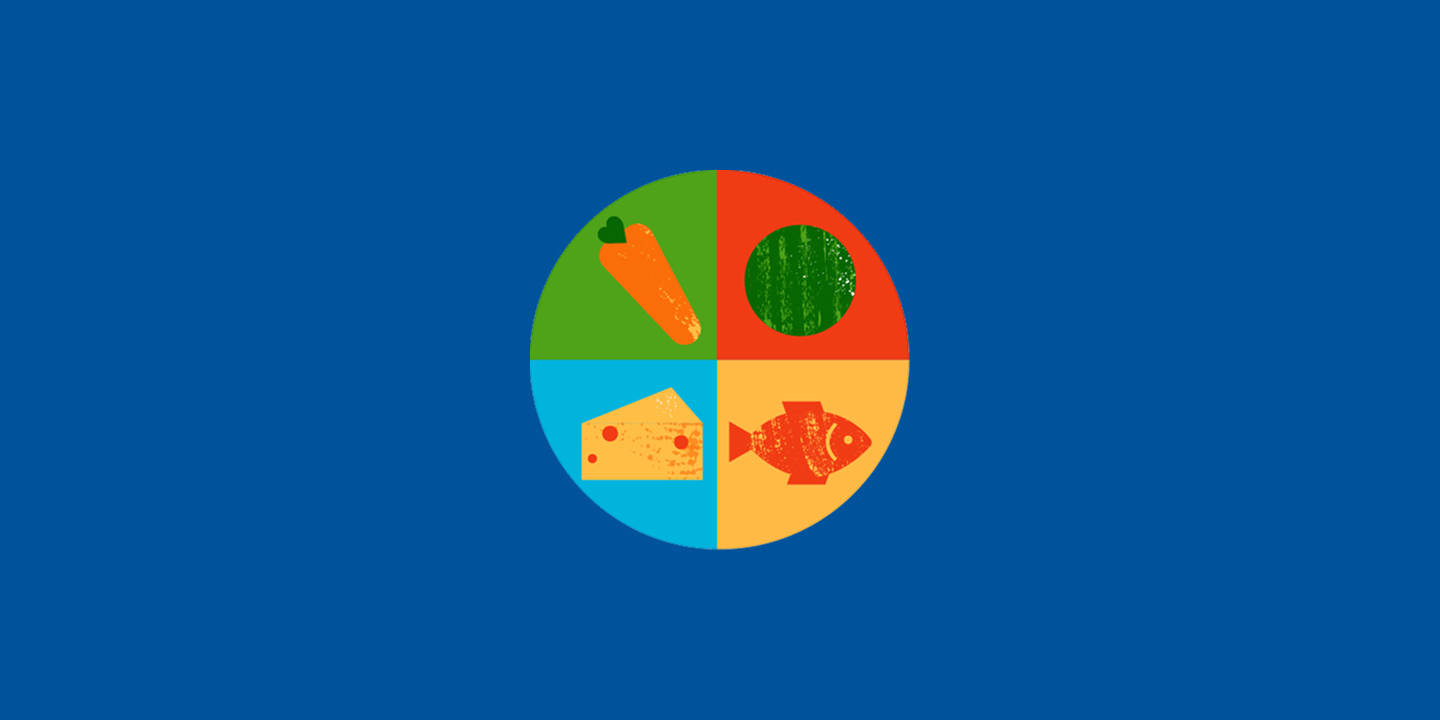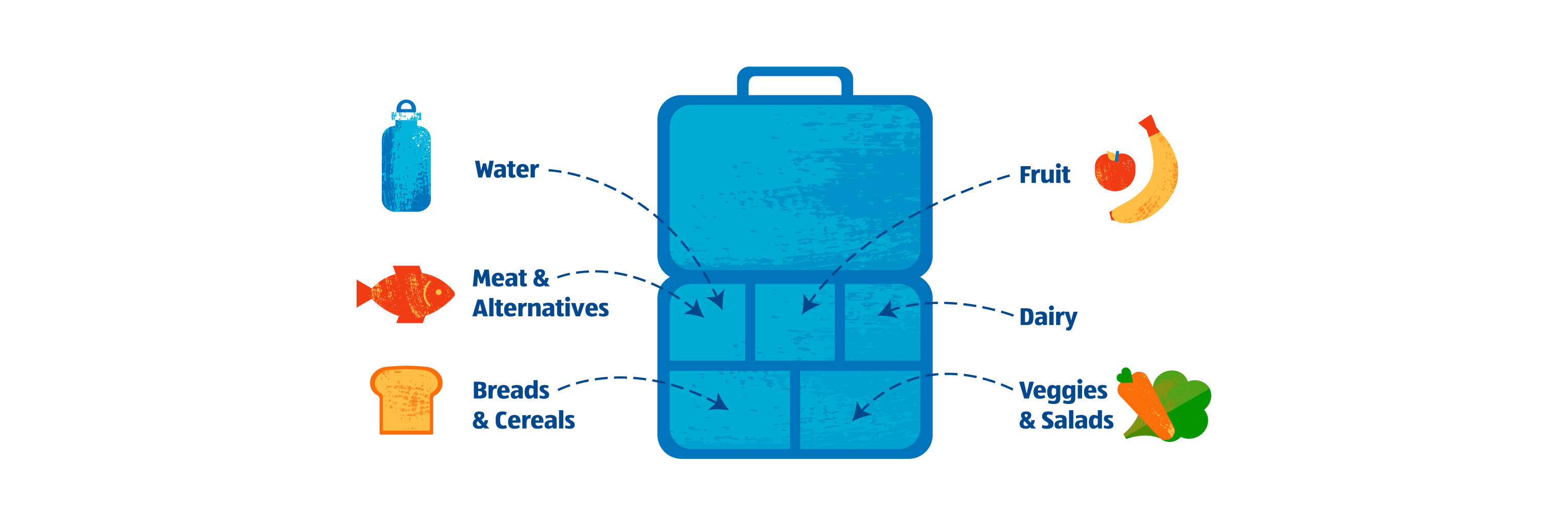
Good Health
We care about each and every customer. That’s why we’re doing our part to help Aussie families put food on the table that makes them feel good from the inside out. Most people know that eating a balanced diet, exercising and getting plenty of rest are important to maintaining Good Health.
We are committed to providing Aussies with quality products. Every day we rigorously test our products to ensure they meet our great-tasting standards, before bringing them to you at our affordable prices. Because, at the end of the day, we believe that choosing to eat healthy shouldn’t mean changing your spending habits.
Our shelves are stocked with ALDI exclusive brands that contain no artificial colours, and some of our brands cater to specific requirements like gluten-free, dairy-free, and plant-based diets. So, no matter your budget or dietary needs, you can learn more about Good Health below and make well-informed choices with ALDI.
Healthy Eating
It’s more important than ever to help Aussies improve their diets but eating fresh and heathy food doesn’t have to be hard. Whether it’s reading a nutrition label or simply finding more ways to get in your five-a-day, we’re determined to help you simplify healthy eating habits.
Tips for healthy eating
Here are a few tips for eating healthy throughout the week, recognising that everyone’s lifestyle and dietary needs are different. Nutrition Australia has a wide range of fact sheets on nutrition and healthy eating, with advice for you to explore.
Choose lean proteins
Protein is an important part of a healthy diet. Lean protein contains less than 10 grams of total fat per portion. Eggs, tofu, poultry, fish, lean cuts of meat, legumes, seeds and nuts are all great sources of lean protein. The Australian Dietary Guidelines include advice on the amount and kinds of foods that we need to eat for health and wellbeing; and the Heart Foundation provides information on protein and heart health.
Drink plenty of water
Your body relies on water to function properly. Drinking enough water regulates your body temperature, improves sleep quality, aids digestion and so much more. Health Direct also offers more information on why water is important for good health.
Get inspired with us
Look to ALDI for more tips, advice and healthy recipe inspiration. Stay up to date on the latest offers with our online catalogue.
Limit saturated fats, salt and sugar
Try to choose lower-fat options of meat and dairy, as well as products without added sugars or salt. The Heart Foundation also offers further information on saturated fats and the different style of fats and oils.
Limit your intake of alcohol
The Australian Guide to Healthy Eating recommends consuming alcohol, processed snacks, sweets and soft drinks “only sometimes and in small amounts”. Keep these items as ‘sometimes foods’ or discretionary foods. Read here for further information on alcohol consumption guidelines.
Eat for your age
We have different food needs at different stages of our life. When we’re infants we need extra energy for playing and as we become older and not as active, we need less. The Australian Dietary Guidelines provides information about food and drink choices for good health for people of different stages of life and specific age groups here. For nutrition advice for older adults, Nutrition Australia has an easy to follow fact sheet.
Understand food safety
Once you’ve made your healthy meals, do you know how to store them correctly? Understanding food safety is key to making your meals go further and keeping your family healthy. Adequate handwashing, understanding food labels and learning how to reduce food waste are all important parts of food safety.
Eat for immunity
As stated by the Baker Institute, “Maintaining a healthy, balanced diet is key to helping your immune system function properly”. Healthline suggests adding fermented foods to your diet such as kimchi, sauerkraut, kombucha and yogurt to help with digestion, immunity and weight loss.
Making healthier food choices
Everyone has a different version of what a healthier lifestyle looks like for them – and that’s okay. We know it’s important to make informed choices about what we eat and that we should choose nutritious foods for wellbeing. The Department of Health and Aged Care tells us that only 1 in 3 adults eat enough fruit and veggies; that 94% of children aged 2-17 don’t eat enough veggies and that one-third of our intake comes from food we don’t need. You can download Healthy Eating for Adults and Healthy Eating for Kids for further information based on the Australian Dietary Guidelines. Or for smart swaps you can make, see Nutrition Australia’s fact sheet here. If you’re interested in giving your eating habits a health boost, here are two frameworks to help you make informed dietary decisions for you and your family.
Nutrition Guide - The Food Pyramid
It’s important to enjoy a wide variety of nutritious foods every day, from these five main food groups:
- Fruit
- Veggies, legumes and beans
- Grain (cereal)
- Protein (including eggs, nuts, seeds, lean meats, poultry, fish, tofu and legumes or beans)
- Dairy (and/or dairy alternatives)
But how do we put that all together? First introduced to you in primary school, here’s a little refresher on how the Food Pyramid works, courtesy of Nutrition Australia.
The foundation layers include three plant-based food groups (grains, fruit, veggies and legumes). These plant-based foods take up the most room in the pyramid, as they should make up the largest portion of our diet.
Then we have all that grainy goodness. We recommend choosing fibre-rich wholegrains over highly processed varieties. Next up, we have dairy products, which provide us with our calcium. And right next to those, we have lean meat, poultry, fish, eggs, nuts, seeds and more legumes, which are all great sources of protein.
Then top it all off with healthy fats to support heart health and brain function – and you’ve got yourself a pyramid!
Not everyone has the same nutritional or dietary needs, so be sure to do your own research or meet with your healthcare practitioner for personalised advice and information.
If you feel you might need a consultation with a health professional, it’s recommended to choose an Accredited Practicing Dietician (APD) who is qualified to offer a wide range of health advice and nutrition services.


